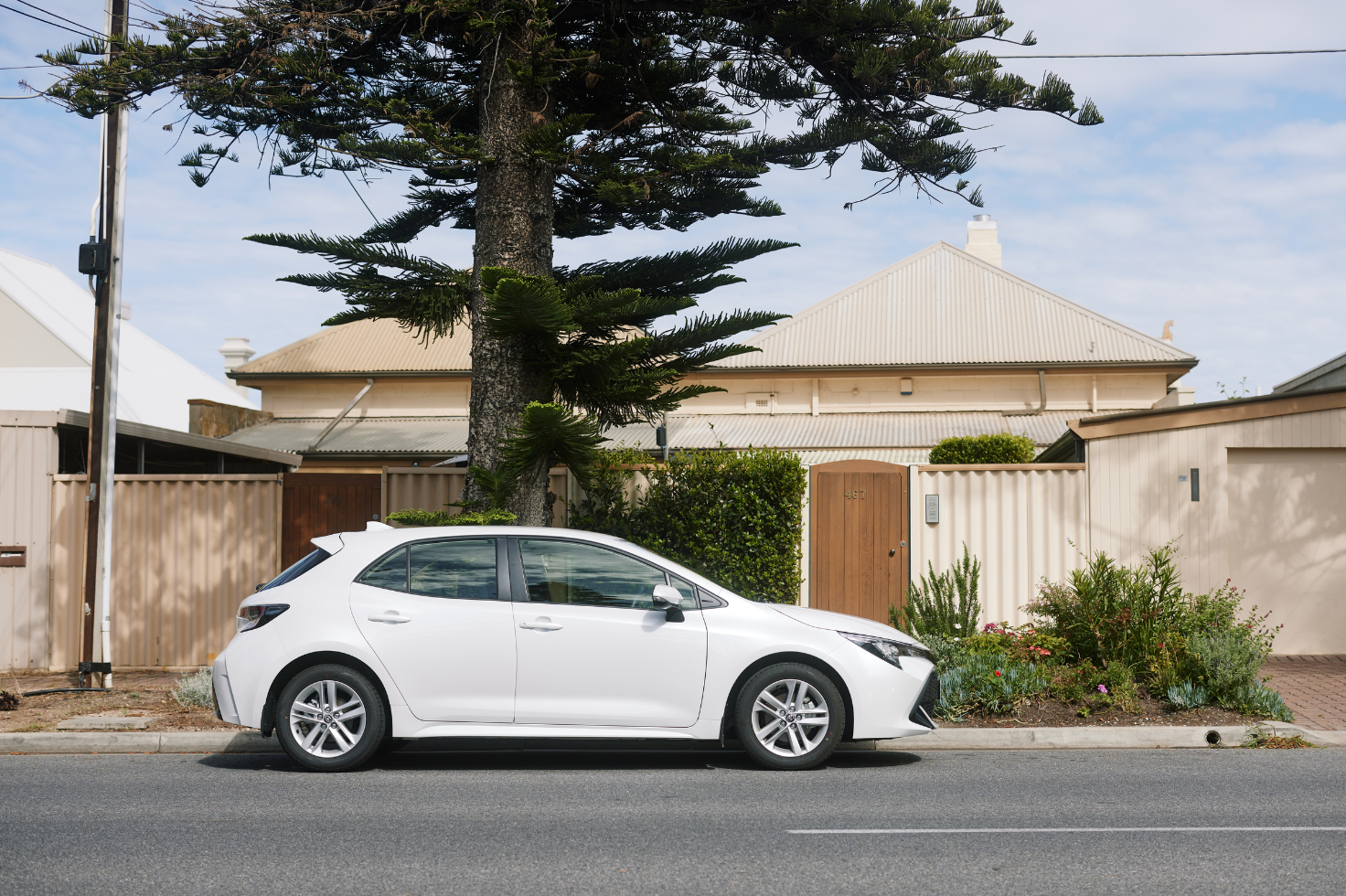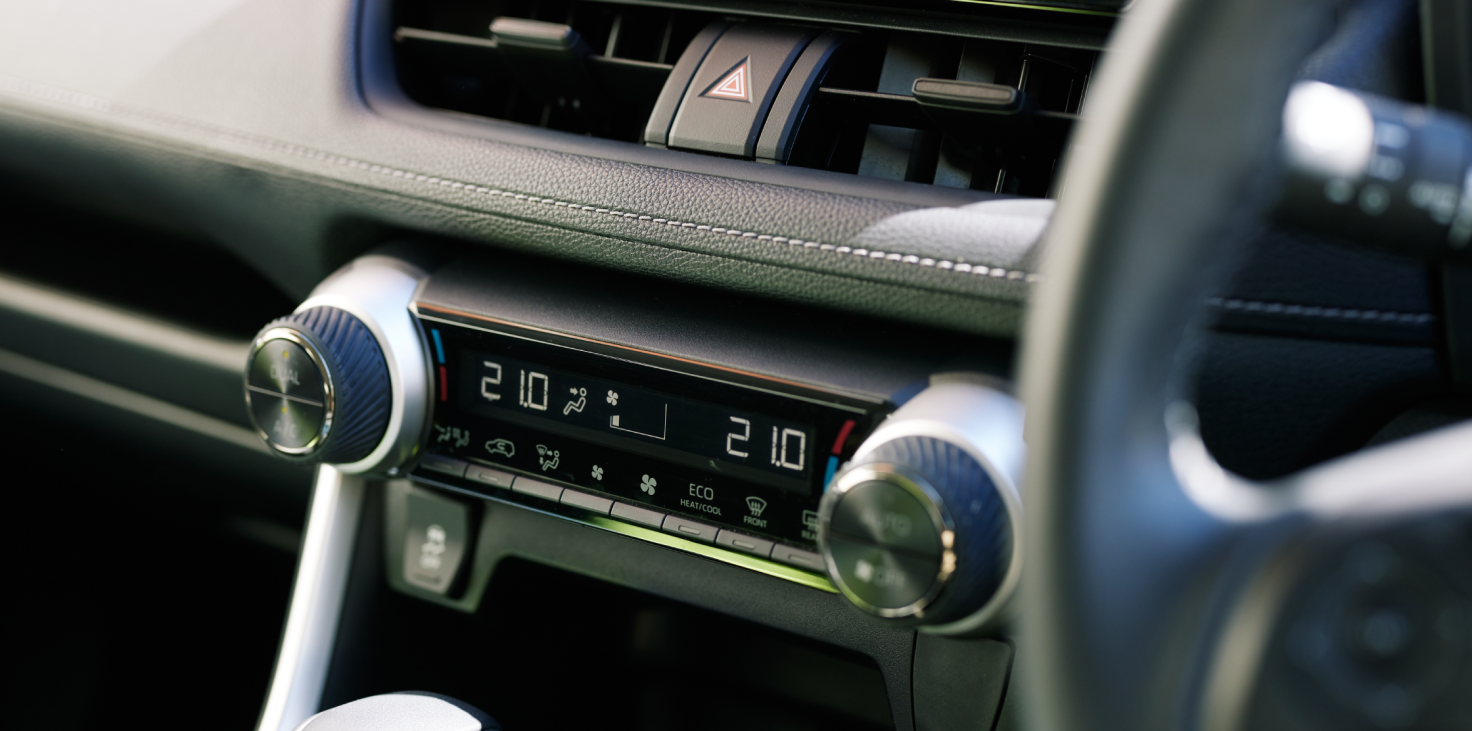This article was originally published in September 2022 and has been updated.
Share this story:
Whether you’re counting down the days until your last sport pick up, or dreading the moment you won't be the one behind the wheel, the day your teen gets their learner licence has almost arrived. Here's what you can do to help them prepare to feel safe and confident on the road.
Before the key even turns the ignition, make sure to check your NRMA Car Insurance policy is up to date and your teen is covered to drive your car. Teaching your child about the importance of adequate cover at a young age is something that can help pay dividends for the rest of their lives.
Knowing how to look after a car and do basic maintenance will do wonders for the longevity of your teen’s car but can also help increase their safety on the road. You can set a good example on how to keep a car in good condition so your teen will know how to look after their own vehicle. In addition to showing them how to keep their car clean and tidy, be sure to also guide them on what type of petrol to use, how to check their tyre pressure, and how to check oil levels.
There’s a plethora of bad driving habits out there, like forgetting to indicate, not wearing a seatbelt and of course road rage, like speeding, driving despite being fatigued. The list goes on. If your child grew up watching you do certain things, they may think those behaviours are okay. So, be sure to set a good example so your future P Plater doesn’t become a casual speeder who doesn’t wear a seat belt!
Many teenagers will be keen to drive as soon as they’re at the age requirement, but some might need a little more time to feel ready. It’s important that you don’t push your teen before they’re ready, because an anxious teen on the road can be an unsafe one. What you can do is follow their lead. Once they’re ready, they’ll let you know, and you can be ready having done all the preparation you need to make sure they feel confident on the road.
Start off by taking your child to quieter streets and roads. You can even begin teaching in empty car parks where your child can learn to stop, start, turn and park without the pressure of other drivers. Once they’ve mastered these areas, they’ll be ready to brave some heavier traffic. It’s also a good idea to start in good weather during the daytime before attempting drives in more difficult weather conditions or at night.
It’s also important to not overload them with too much information, ensuring that you’re not correcting them too much. Driving just for the sake of learning will be much more helpful than if you have to tell them a heap of directions, so let them take you somewhere they’re familiar with or drive without an intention. And when they’re doing something wrong, correct them by asking questions. Instead of “Slow down, you’re speeding,” ask, “What’s the speed limit here?” They’ll learn to be more aware of their surroundings and they won’t get too stressed.
All content on the NRMA Insurance Blog is intended to be general in nature and does not constitute and is not intended to be professional advice.


